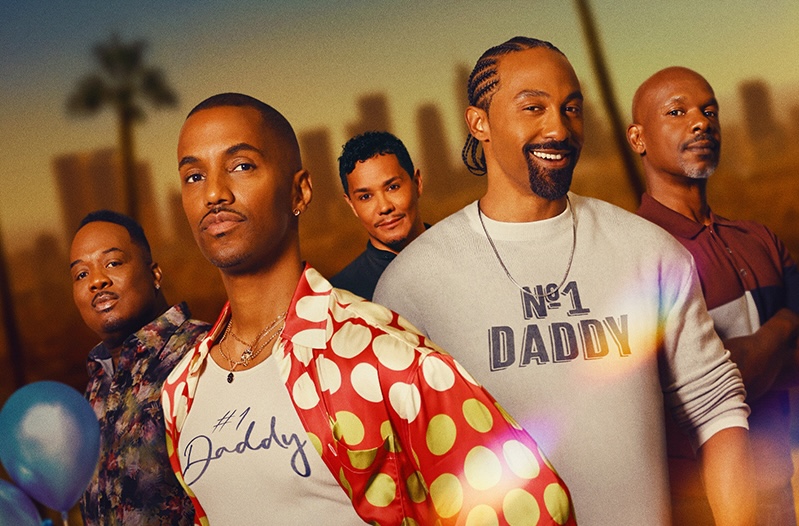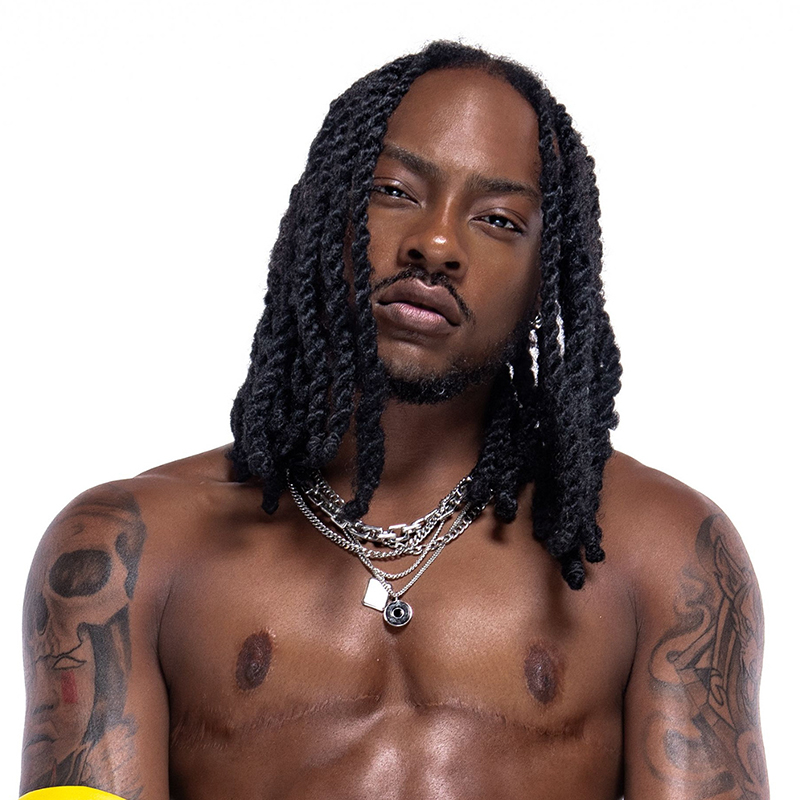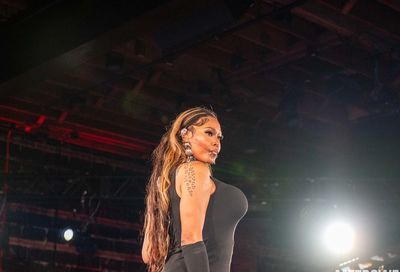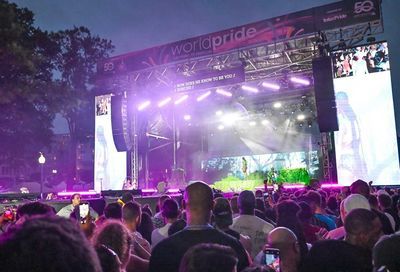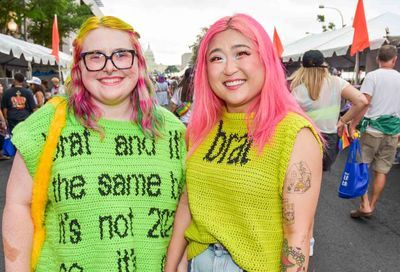Attacking Indifference
Community groups converge to offer aid and emotional support to black LGBT youth
Washington residents, government agencies and community groups rallied at an Oct. 24 town hall to sound an alarm about problems facing ”black LGBTQI youth” in the District, and blasted adults in both the black and LGBT communities for failing to provide those youth with support and opportunities to improve their lives.
The town-hall meeting, held at the Metropolitan Community Church of Washington, was called by Tre’ona Kelty, of the group Beautiful U Yes U, in response to a column in The Washington Post highlighting a group known as the ”Check It” gang.
According to the article, the Check Its are a group of LGBT black youth who banded together to provide protection and support for one another after many were discriminated against, bullied in school or kicked out of their homes by parents because of their sexual orientation or gender identity.
The group, which tends to congregate in the city’s Chinatown neighborhood, has been targeted by other youths and has had multiple run-ins with officers from the Metropolitan Police Department. Members of the group were present in the audience and some rose to speak or ask questions during the two-hour meeting, which drew about 70 attendees.
The town hall – organized by Beautiful U Yes U, the One Mic Stand Show, and Damien Ministries – featured a panel of community activists as well as representatives from the Metropolitan Police Department’s Gay and Lesbian Liaison Unit (GLLU), Metro TeenAIDS, Transgender Health Empowerment, the National Aurora Campaign, the Mayor’s Office of GLBT Affairs, D.C. Child and Family Services (DCFS), the Sexual Minority Youth Assistance League (SMYAL), the National Black Justice Coalition. One panel member, community activist Ian Edwards, also identified himself as an Air Force recruiter.
Representatives from the different groups offered the young people at the event emotional support, access to services and chances to make contact with people who might help them further, while admonishing the larger adult community for perceived inaction.
Topics addressed included sensitivity training for teachers, school administrators, police officers and other government employees; a lack of a strong infrastructure or networks within the black LGBT community that had existed in previous generations; allegations of unfair treatment of LGBT youth by Metropolitan Police Department officers; and misperceptions of the Check It group.
Some of the youth said they were upset that the Post had referred to them as a gang.
”We’re not a gang. We’re a family,” said Trey, a member of Check It who did not give his age or his last name.
Trey, one of the few members of the group to speak as part of the panel, said that the Check Its hang around Chinatown because many in the group don’t have jobs or strong support systems, and because Chinatown is one of the few places in the District the youths consider a ”safe space.”
The discussion got very lively at times, especially when addressing controversial issues such gentrification, or whether heterosexuals or people who are not black can effectively mentor black LGBT youth.
”It doesn’t really matter whether it’s green, purple, yellow, any other color you can name, or what kind of person responds to young people,” said Danielle King, founder and executive director of The National Aurora Campaign, an organization aimed at empowering transgender people of color. ”Young people want to know that you’re genuine, that you really do care, you can connect them with resources and you can make the suffering stop.”
Support Metro Weekly’s Journalism
These are challenging times for news organizations. And yet it’s crucial we stay active and provide vital resources and information to both our local readers and the world. So won’t you please take a moment and consider supporting Metro Weekly with a membership? For as little as $5 a month, you can help ensure Metro Weekly magazine and MetroWeekly.com remain free, viable resources as we provide the best, most diverse, culturally-resonant LGBTQ coverage in both the D.C. region and around the world. Memberships come with exclusive perks and discounts, your own personal digital delivery of each week’s magazine (and an archive), access to our Member's Lounge when it launches this fall, and exclusive members-only items like Metro Weekly Membership Mugs and Tote Bags! Check out all our membership levels here and please join us today!








